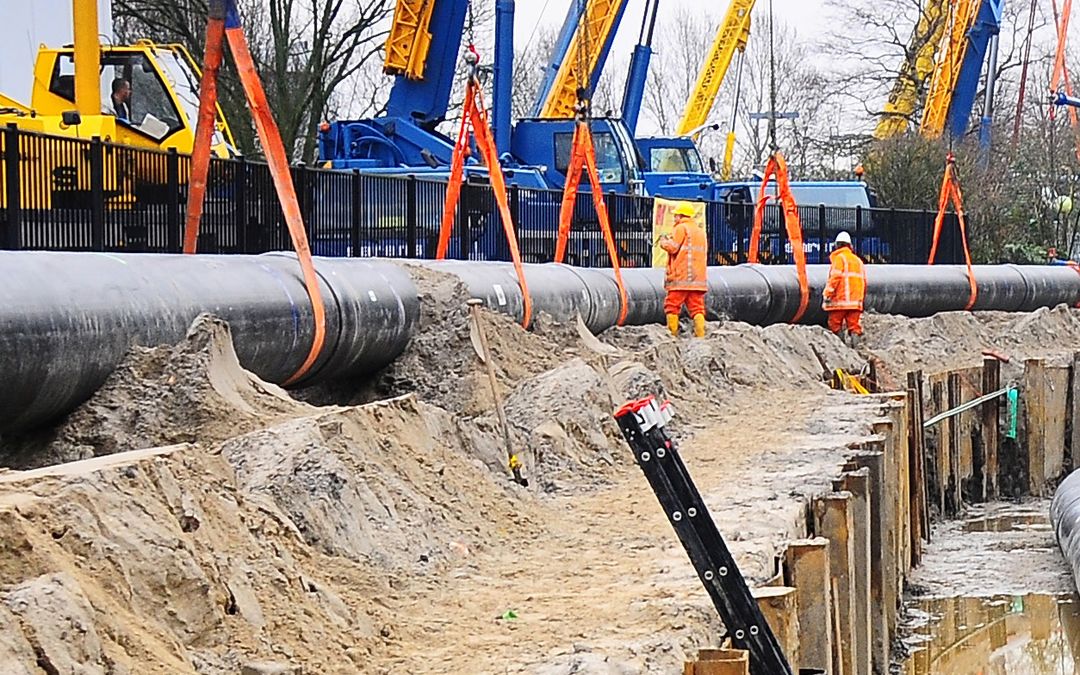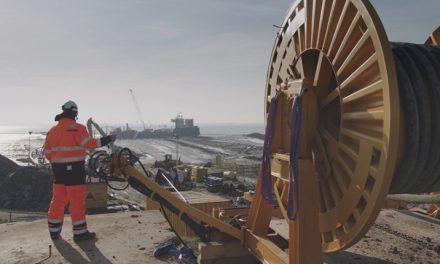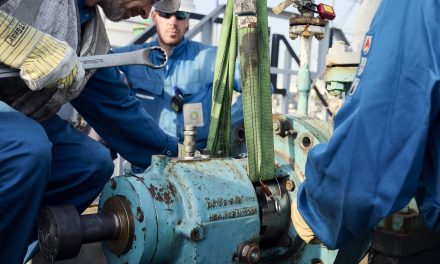
CBS gaat statistieken buisleidingen bijhouden

Archieffoto: Havenbedrijf Rotterdam
Het Centraal Bureau voor de Statistiek (CBS) gaat een statistiekrapportage bijhouden over het transport via buisleidingen. Dit moet beleidsmakers meer inzicht bieden in de omvang van ondergrondse vervoersstromen.
“Vanwege het toenemende maatschappelijk belang van alternatieve vervoersstromen is het erg belangrijk dat er betrouwbare en onafhankelijke data komen over het transport via buisleidingen. Ook al is dit nog geen statistiek die de Europese Unie verplicht stelt”, zegt projectleider Matthijs Jacobs van het CBS.
Buisleidingen
Willem-Otto Hazelhorst, senior consultant traffic & support bij het ministerie van Infrastructuur en Waterstaat: “Voor nieuwe stoffen zal er extra capaciteit nodig zijn, zo lijkt het. Maar hoeveel ruimte is er in het bestaande netwerk? Niemand die het overzicht heeft. Dit vraagt om betrouwbare cijfers van wat er nu via welke buisleiding wordt getransporteerd.”
Diepgang uitbreiden
Het CBS is inmiddels tot een rapportage voor de jaren 2012 tot en met 2018 gekomen. Jacobs: “We gaan nu doorpakken en de rapportage qua diepgang uitbreiden en aanvullen met data over 2019 en 2020.”
Zie ook: Volgende studie naar Delta Corridor
English translation
CBS is going to keep statistics on pipelines
Statistics Netherlands (CBS) is going to keep a statistical report on transport through pipelines. This will give policymakers more insight into the extent of underground transport flows.
“Because of the increasing social importance of alternative transport flows, it is very important that reliable and independent data is available about transport through pipelines. Even though this is not yet a required statistic by the European Union”, says CBS project leader Matthijs Jacobs.
Overview
Willem-Otto Hazelhorst, senior consultant traffic & support at the Ministry of Infrastructure and Water Management: “Extra capacity will be needed for new substances, it seems. But how much room is there in the existing network? No one has the overview. This calls for reliable figures on what is currently being transported via which pipeline.”
Expanding
CBS has now produced a report for the years 2012 to 2018. Jacobs: “We are now going to continue and expand the report in terms of depth and supplement it with data for 2019 and 2020.”









